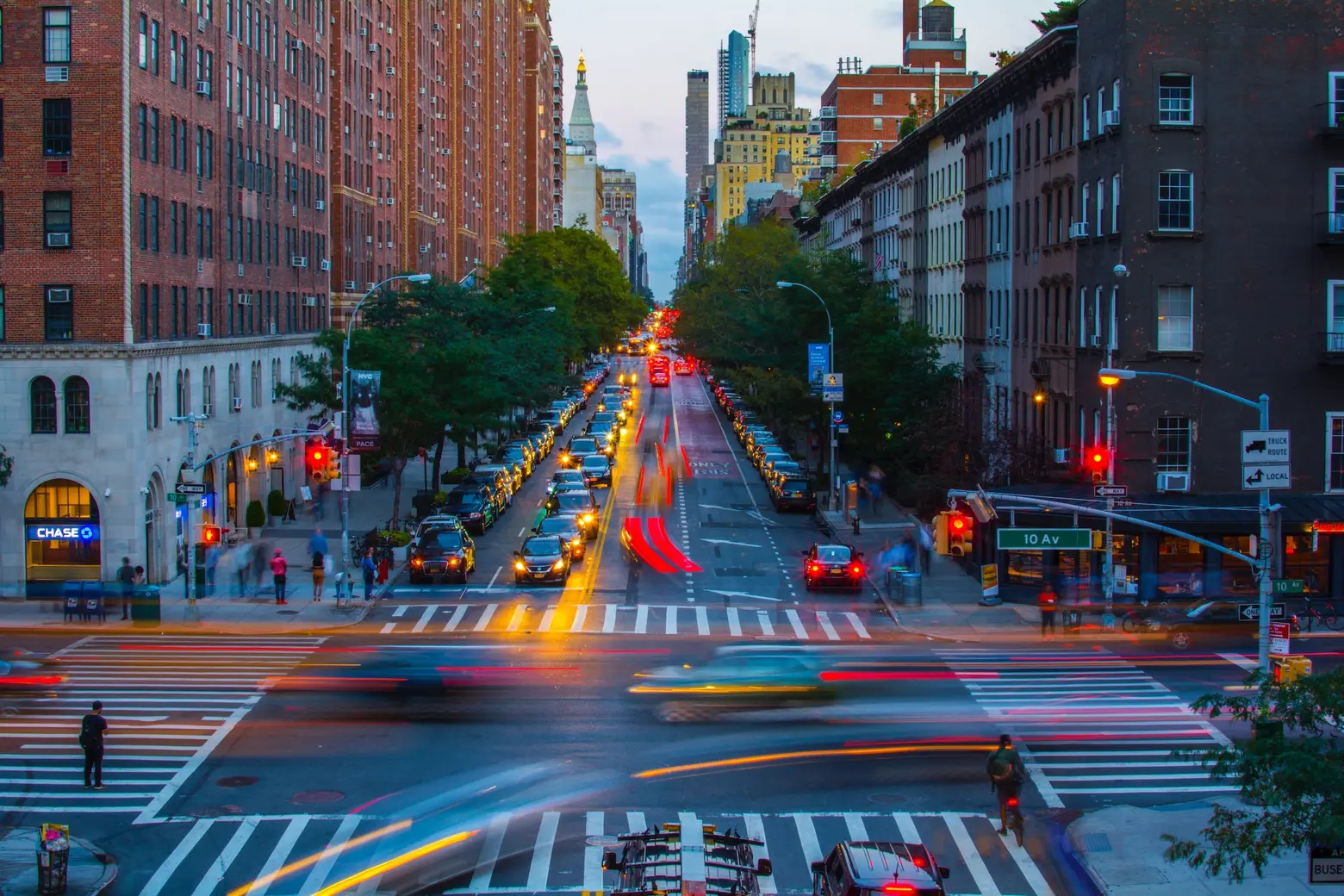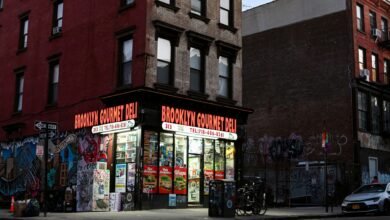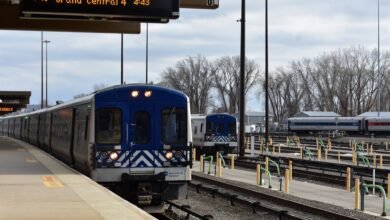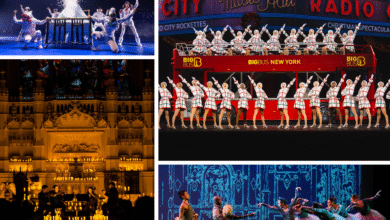

Photo by Jesús Mirón García on Pexels
The plan to charge drivers entering certain parts of Manhattan received final approval on Wednesday, signaling the imminent start of the country’s first congestion pricing program. The Board of the Metropolitan Transportation Authority voted 11-to-1 to approve the toll rates for the program, which includes a fee of $15 for passenger and small commercial vehicles entering below 60th Street from 5 a.m. to 9 p.m. Unless held up by the several legal challenges the program currently faces, congestion pricing is expected to start in June.
The congestion pricing program, also known as the Central Business District Tolling Program (CBD), is designed to reduce traffic, encourage the use of public transportation, and reduce pollution by driving vehicles out of Manhattan’s busiest areas. The program could generate $1 billion in additional revenue for subway and bus improvements, according to the MTA.
“Today’s vote is one of the most significant the Board has ever undertaken, and the MTA is ready,” MTA Chair and CEO Janno Lieber said.
“In advance of day one of tolling, we’ve increased service on 12 subway lines, advanced redesigns of the entire NYC bus network, and implemented the largest service increase in LIRR history. And there’s more to come with the funds raised from congestion pricing – more accessible stations, modernized subway signals, and new expansion projects like Phase 2 of the Second Avenue Subway and Metro-North Penn Station Access.”
As part of the CBD, peak hours will apply from 5 a.m. to 9 p.m. on weekdays, and from 9 a.m. to 9 p.m. on weekends. Toll rates will be 75 percent cheaper overnight, at $3.75.
Passenger vehicles with commercial license plates will be charged a $15 toll once a day while entering the CBD during peak hours and $3.75 overnight.
Trucks and buses will be charged a $24 or $36 toll while entering the CBD during peak hours, depending on size and function. Overnight tolls will be $6 and $8. Motorcycles will be charged $7.50 for peak hours and $1.75 overnight.
Passengers in taxis, green cabs, and for-hire vehicles will be charged an additional $1.25 per trip, while riders using services like Uber and Lyft will be charged an additional $2.50 per trip.
Authorized emergency vehicles, vehicles transporting a person with disabilities, specialized government vehicles, and transit and commuter buses will be exempt from paying the toll.
Drivers entering the CBD through the Lincoln, Holland, Hugh L. Carey, and Queens-Midtown tunnels will receive a crossing credit that can be used to discount the daytime toll. The credit will be $5 round-trip for passenger vehicles, $12 for small trucks and intercity and charter buses, $20 for large trucks and tour buses, and $2.50 for motorcycles according to the New York Times. There will be no credits offered at night.
Drivers earning less than $50,000 a year can register with the MTA to receive a 50 percent discount on peak hour tolls, starting on the 11th trip taken during a calendar month. Additionally, residents of the CBD area who earn less than $60,000 a year can apply for a tax credit.
Before the program can go into effect, several lawsuits challenging congestion pricing must be resolved. One of the lawsuits was filed by New Jersey Gov. Phil Murphy, who last July sued the U.S. Department of Transportation and the Federal Highway Administration (FHWA), claiming the plan to charge drivers entering certain parts of Manhattan is unfair to Garden State residents. The hearing is currently scheduled for April 3 and 4.
The four other lawsuits have been made by Mark K. Sokolick, mayor of Fort Lee, Staten Island Borough President Vito Fossella, the United Federation of Teachers, and two groups of city residents, according to the New York Times.
In May, the FHWA approved the environmental assessment of the CBD, giving way to a 30-day public review process before final approval could be granted. After the public review process in June, the FHWA gave the program final federal approval. The initial pricing was set between $19 and $23 for non-commercial vehicles and between $12 and $82 for trucks.
The MTA in December signed off on the toll prices, leading to a 60-day review period.
In February, the MTA revealed two plans to provide people with disabilities exemptions from the new congestion pricing toll. The Individual Disability Exemption Plan allows New Yorkers with disabilities to register one vehicle to be exempt from the CBD, while the second program, the Organization Disability Exemption Plan, allows organizations transporting people with disabilities, like Access-A-Ride, to apply for the exemption.
RELATED:




